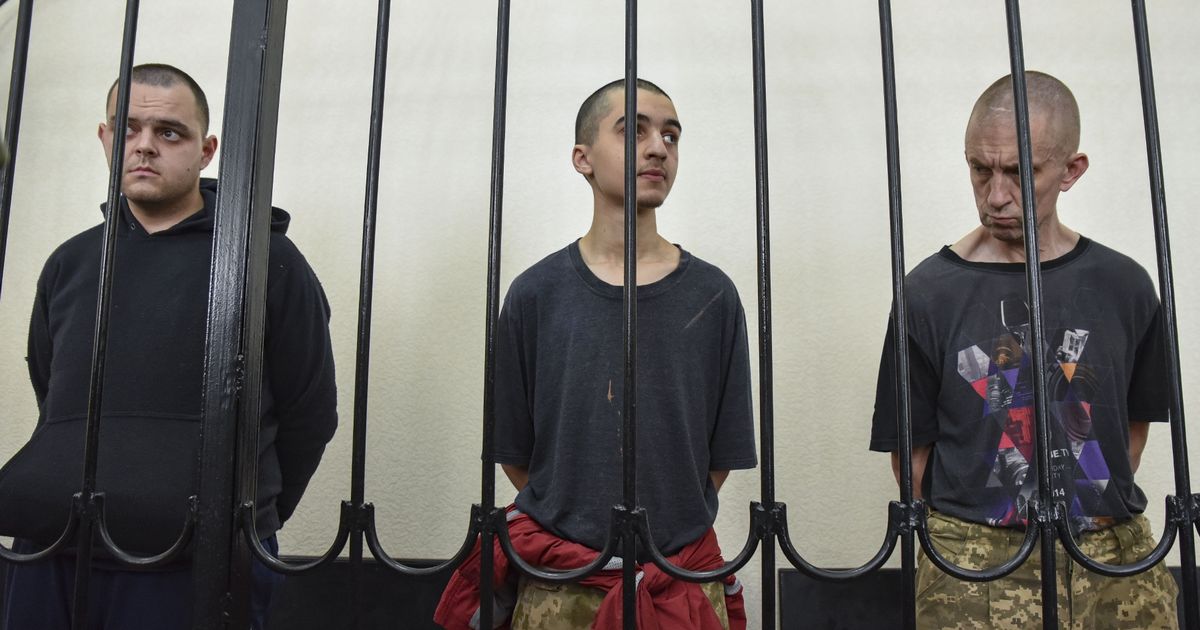By Shira Rubin
The former Israeli prime minister is hoping for decisive outcome in the upcoming Knesset elections by galvanizing the country’s right wing.
TEL AVIV — The announcement of the Israeli governing coalition’s collapse and the preparations for a fifth election in less than four years was met with exasperation by many Israelis. But the news came as a resounding victory for Benjamin Netanyahu, who, over the past year as the head of the opposition, has been preparing for his own comeback.
It is not immediately clear how that would happen, however, since polls show that most Israelis will continue to vote the way they have in the past few elections, producing a polarized, deadlocked Knesset and fragile coalition governments.
Netanyahu, who led Israel for much of the past 20 years, seems to be betting on breaking the political stalemate by galvanizing his right-wing base and painting his opponents as a threat to society.
Israel’s leader to dissolve Knesset, triggering new elections
“A government that depended on terror supporters, which abandoned the personal security of the citizens of Israel, that raised the cost of living to unheard-of heights, that imposed unnecessary taxes, that endangered our Jewish entity. This government is going home,” Netanyahu said Monday in a video posted on Twitter. “My friends and I will form a government … that, above all, will return the national pride to the citizens of Israel.”
The coalition’s collapse is in large part the result of Netanyahu’s efforts to encourage coalition members uncomfortable with its ideological diversity to jump ship.
“From Day One, Netanyahu sought to take down the government, and focused on the Israeli-Palestinian conflict and the issues related to the Arabs in Israel,” said Dahlia Scheindlin, a political analyst. “It was low-hanging fruit.”
A Knesset committee voted unanimously Tuesday to hold the first reading of the vote to dissolve itself Wednesday, instead of next week, as was originally planned, to foil efforts by Netanyahu to form a last-ditch alternative government.
At 72, after a year and one week spent in the Knesset’s opposition hall and in the Jerusalem District Court, where he is the subject of an ongoing corruption trial, Netanyahu’s determination to reclaim his political throne appears to be fiercer than ever.
“This is the big show, and no one does the big show like Netanyahu,” said Aviv Bushinsky, a former adviser to Netanyahu.
Michael Maimon, a longtime Netanyahu voter and a former army colleague of Netanyahu’s from the 1960s, said he expects the vote to be different from the past four times. The “nightmare” of the outgoing government has mobilized Netanyahu’s base, about 300,000 of whom did not go out to vote in the last elections as a result of exhaustion over the extended cycle of political gridlock.
Netanyahu has reliably won the most votes in each election but struggled to cobble together the 61 seats needed to control the 120-seat Knesset.
“Bibi knows that he is the most popular candidate and that the support for him is better now than it was in the past few years,” Maimon said. “He’s eager to get back in.”
A survey by the Israeli radio station 103FM found that a Netanyahu-led bloc — including his right-wing Likud, and the religious-Zionist and ultra-Orthodox parties — would win the highest number of seats in fresh elections, although still two short of a majority — a consistent problem of the past several coalition attempts.
In 2021, Netanyahu failed to build a coalition and was compelled to pass the mandate to the centrist Yair Lapid, who was head of the second-largest party, which then allied with right-wing Naftali Bennett in a power-sharing agreement.
The Bennett-Lapid coalition replaced Netanyahu last June with the backing of a razor-thin coalition of eight ideologically divergent parties, united solely by a desire to oust Netanyahu.
Part of the reason Netanyahu failed to form a coalition in 2021 was that he had alienated so many of his erstwhile allies on the right — the same people now vowing to prevent his comeback.
“I won’t be bringing Bibi back. All of the party members are with me. No one will succumb to inducements [to defect to Likud],” Gideon Saar, the Justice Minister and a former Likud party veteran, told Army Radio on Tuesday.
Netanyahu will try to shave off those from…



Connect with us on our socials: